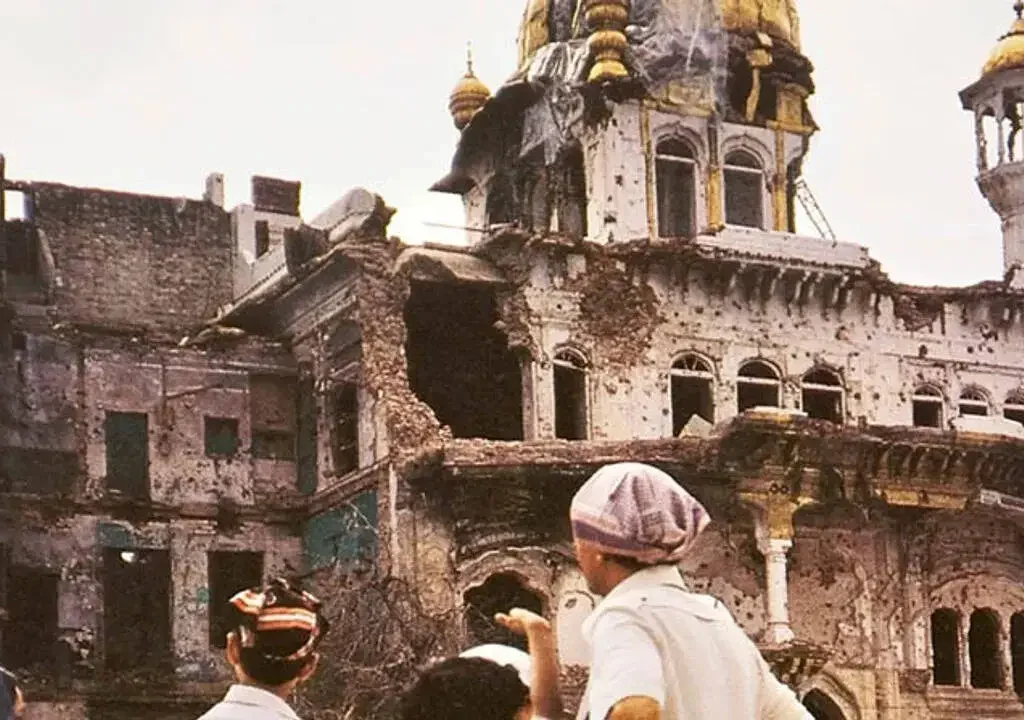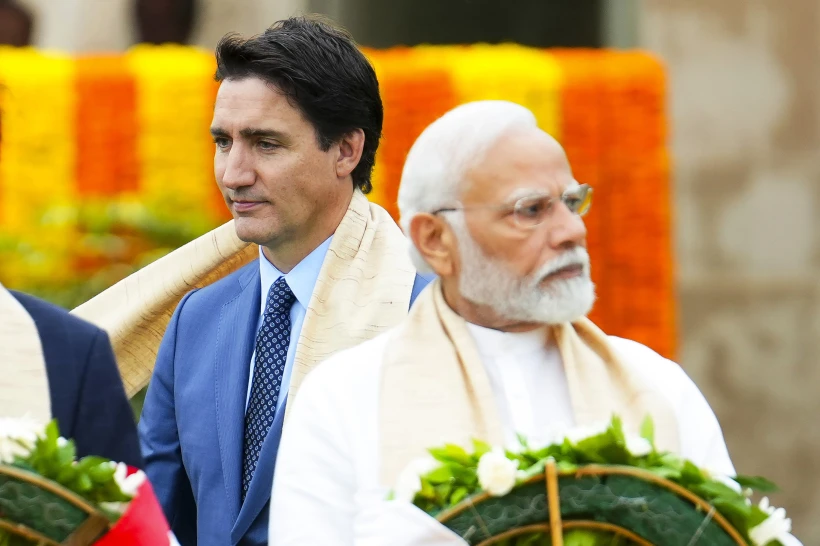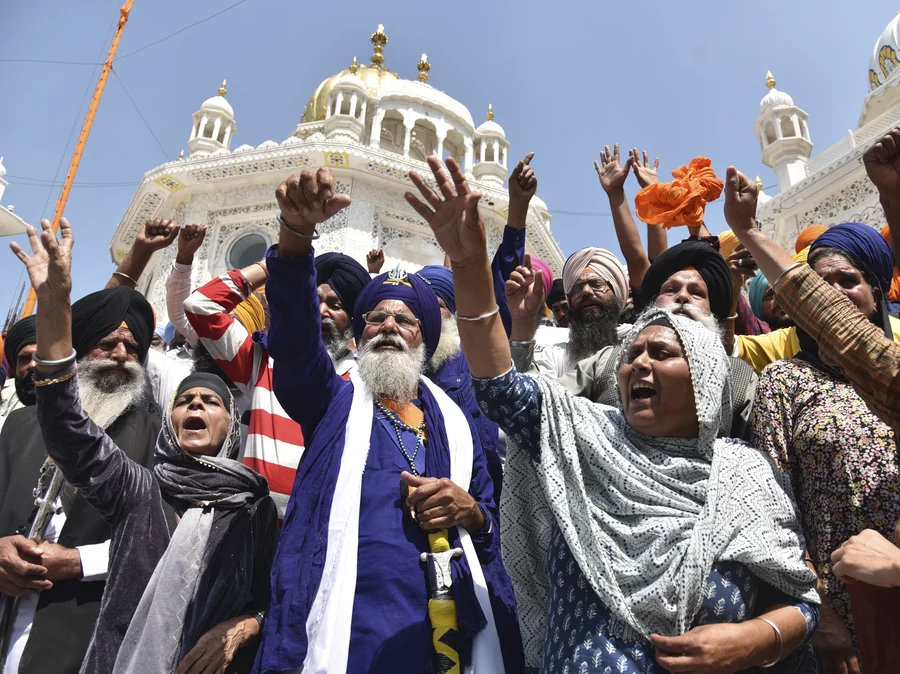Constructing the Other: The Indian State’s Long War on Sikh Identity

Since India’s independence in 1947, the Sikh community has faced a persistent pattern of marginalization through legal subversion, political suppression, and violent repression. From the denial of religious identity in the Constitution to the storming of the Golden Temple and the 1984 anti-Sikh pogroms, this article examines how state institutions have systematically undermined Sikh rights, expression, and autonomy—both within India and across borders.
Inside & Beyond the India-Canada Diplomatic Trouble

What has been gained and what has been lost in this fresh diplomatic rift between India and Canada? The answer to this can be found in some possible scenarios.
India: The Increasing Violence Against Sikhs

The concentrated Sikh minority in Punjab, particularly its WPD adherents and other Sikhs who have faced severe persecution over the years, is more vulnerable to state violence. Recent actions have sparked outrage in the community, both in India and abroad.
India: The Fault Lines of Separatism

The ongoing search for Amritpal Singh and recent communal violence against Muslims provoke a broader discussion about the role of religion in contemporary Indian politics and the extent to which it has fueled separatism in the country.
200-Year-Old Temple Returned to Sikh Community by Pakistan
200-Year-Old Sikh Temple A 200-year-old Sikh temple finds its way back to the Sikh community in Quetta. It served as a school for Muslim girls for seven decades. Enabling them to worship there without dread for the first time in years. The temple stood empty for a year or two when most Sikhs left Pakistan […]
